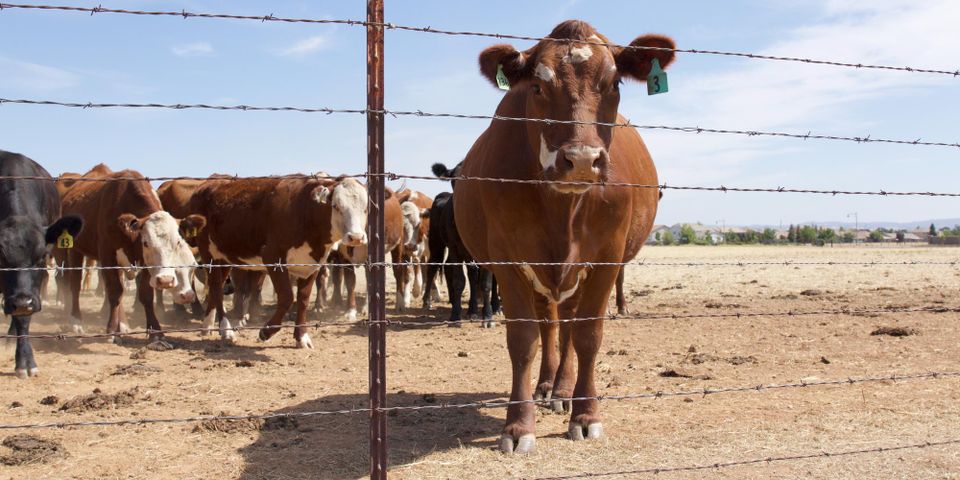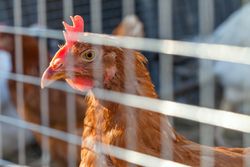What You Should Consider When Building a Livestock Fence

While there are many farm supplies that can have a direct impact on the well-being of your livestock, you cannot overlook the importance of a quality fence. The right type of fence will protect your livestock and keep them from grazing in areas where they shouldn’t. With the right building equipment and materials, you can construct a quality livestock fence.
Adapt Wiring Selection Based on Livestock
 As with other farm supplies, the type of livestock you are working with should dictate the design and type of wiring used for your fence. For example, because poultry are so small, gaps in the fence wiring should be kept under 3.5 inches to keep the birds from escaping. These fences don’t need to be particularly high unless the birds are able to fly over the fence.
As with other farm supplies, the type of livestock you are working with should dictate the design and type of wiring used for your fence. For example, because poultry are so small, gaps in the fence wiring should be kept under 3.5 inches to keep the birds from escaping. These fences don’t need to be particularly high unless the birds are able to fly over the fence.
On the opposite end of the spectrum, cattle fencing requires high-tensile wiring that is at least 54 inches tall and reinforced with quality wood posts. A much larger gauge wire is required. With all animal species, consider wire strength, spacing, and height to ensure proper containment.
Should You Electrify Your Fence?
Electrifying a fence can go a long way in ensuring that the animals will respect the fencing and not push against it. It can also protect prey animals (such as sheep or small pigs) from potential predators. However, electric fencing can be dangerous to your livestock. Take steps to train your animals to stay away from the fence if installing an electric fence.
You should also be mindful of the additional supplies and expenses associated with electrifying a fence. Ground rods, an energizer, and insulators will all be needed to effectively electrify the entire length of the fence.
From animal feed to fence building materials, you can find all the farm supplies you need at Carhart Feed & Seed Co. Serving Dolores County, CO since 1978, their staff can assist you with your farm needs to get quality results. To learn more about their selection of farm supplies, give them a call at (970) 677-2233.
About the Business
Have a question? Ask the experts!
Send your question

